College opportunity is one of the most impactful activities that can be offered in prison. Restoring access to college financial aid to help low-income people in prison prepare to re-enter society is a moral imperative and a public good.
With 46,000 people locked up in 54 prisons and a budget of over $3.2 billion in fiscal year 2018 alone, New York’s prison system is clearly bloated. New York’s overall recidivism rate is 40%. However, college-in-prison programs, like the Bard Prison Initiative and Hudson Link, see less than 3% of their participants recidivate.
It costs over $69,000 per year to incarcerate one person in New York State while it costs only $9,000 per year for a person to attend the Bard Prison Initiative. Compare a $69,000 investment annually with a 40% percent failure rate to a $9,000 investment annually with a 97% success rate and it becomes painfully clear that New York State Tuition Assistance Program (TAP) funding is an effective solution to reforming the criminal justice system in New York State.
In this episode, we speak with educators and advocates about the importance of college programs in prison and the need to fund those programs. They are Stephanie Bazell, director of policy and advocacy at College & Community Fellowship; Jodi Anderson Jr., president and co-founder of PipeDreamers Foundation; Dyjuan Tatro, senior government affairs officer at the Bard Prison Initiative; and Rob Scott, executive director of the Cornell Prison Education Program.


